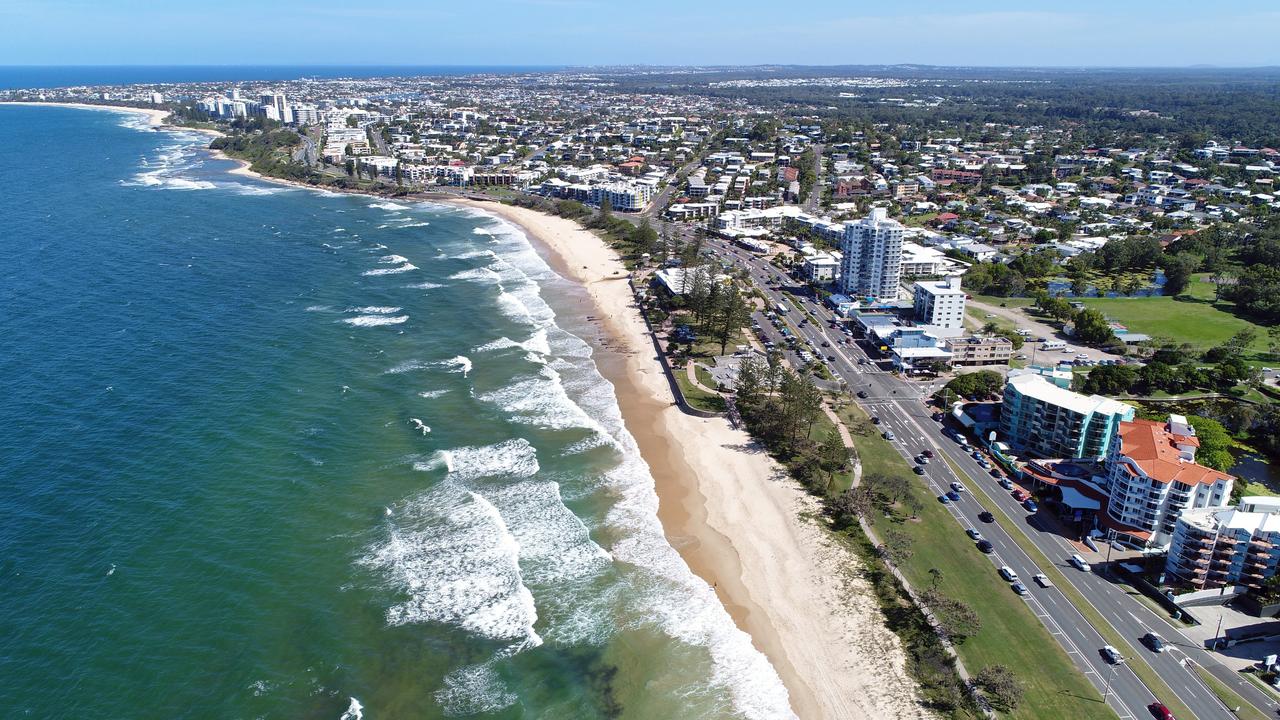Free read: The ultimate Sunshine Coast Council election guide
With a $77 fine for not voting, we’re providing your ultimate guide to the 2024 Local Government Election on the Sunshine Coast, the candidates, where to vote, the ballot list, and other pre-polling information. FREE READ
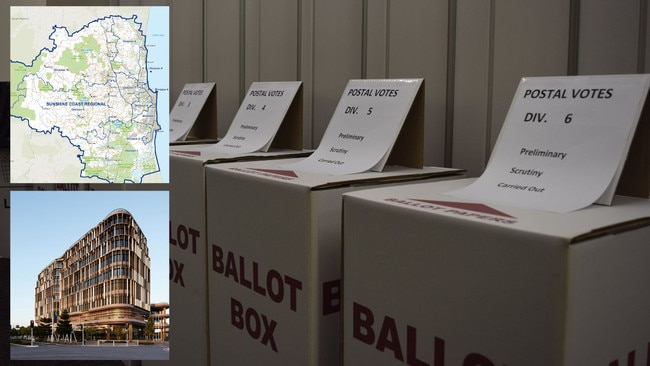
Sunshine Coast
Don't miss out on the headlines from Sunshine Coast. Followed categories will be added to My News.
The 2024 local government election is coming up, so here is everything you need to know about the Sunshine Coast Council election.
Sunshine Coast residents will vote for a new mayor and councillors on Saturday, March 16, with all polling booths to be open from 8am to 6pm.
The Sunshine Coast will be voting for a new mayor, after Mark Jamieson announced his retirement from council late last year.
A new deputy mayor will also be elected, following the retirement of Rick Baberowski.
There will be entirely new councillors elected in at least Division 1, Division 3, and Division 8, following Mr Baberowski’s and Peter Cox’s retirements, while incumbent councillor Jason O’Pray is taking a shot at running for mayor.
In Australia, voting is not only a right and a responsibility it is also compulsory for eligible Australian citizens aged 18 or older.
If you don’t vote, you may be fined, with fines starting at $77.

Mayoral candidates
Revealed: Every Sunshine Coast mayor hopefuls spend, donations for election
Councillor candidates
Division 1
Kristy Taylor-Rose
Jenny Broderick
Stan Nawrocki
Division 2
Pamela Mariko
Michael Foreman
Cindy Jensen
Cr Terry Landsberg
Division 3
Alister Eiseman
Kym Willing
Tim Burns
Division 4
Mark Gilbert
Mark Wadeson
Division 5
Cr Winston Johnston
Richard Bruinsma
Tracy Burton
Division 6
Division 7
Cr Ted Hungerford
Sue Woodbury
Deborah Moseley
Ken Mackenzie
Division 8
Kathryn Hyman
Tim Ryan
Taylor Bunnag
Walter Johnson
Division 9
Cr Maria Suarez
Suzie Campin
Bruce Dunne
Division 10
Cr David Law
Peter Walsh
Sue Etheridge
Sunshine Coast Council 2024 election, meet the division candidates
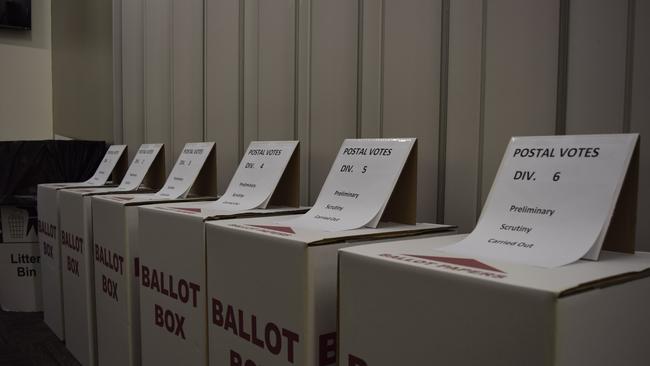
How to vote
Once you’re sure your enrolment information is accurate and up-to-date you can find out which division of the Sunshine Coast you will be casting your vote for.
Head to the Where is my electorate? page from the AEC, type in your address and remember to switch the tab to Local Government.
Once you have confirmed your division, do your research and find out who is running for that seat and what they represent.
From there you can find out where your closest polling booth is here.
Polling is typically hosted in local schools or community halls.
For more election facts, head to the AEC website to find out more on common misinformation, frequently asked questions and background data.
Revealed: Cost of Sunshine Coast mayor hopeful’s billboard spend to win election
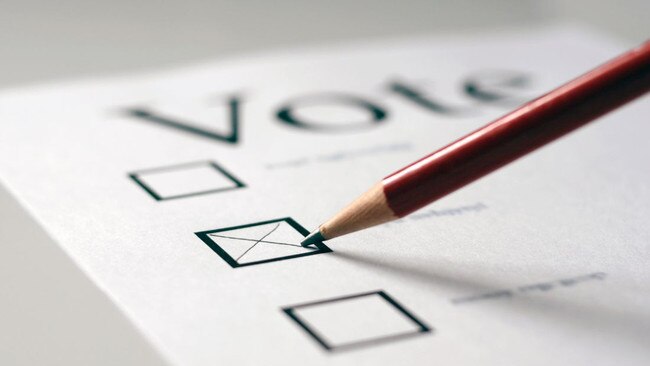
Election day, March 16, 2024
Once you have confirmed your electoral information is up-to-date, you’ve done your research on candidates and confirmed your closest polling booth you’re ready to head to the polls on March 16.
When you arrive at a polling booth, head to the issuing officer table where an election official will verify your identity before giving you your ballot paper.
You may be required to confirm your address, so make sure your information is current with the Australian Electoral Commission when doing so.
After that, you’ll be directed to a voting booth where you can cast your ballot in private, take your time and make sure to read the information provided on the ballot slip.
Place your completed ballot paper/s in the ballot box as you leave. Polling officials will be available to provide assistance should you have any questions.
Whistleblower makes surprise claim over Sekisui House approval process
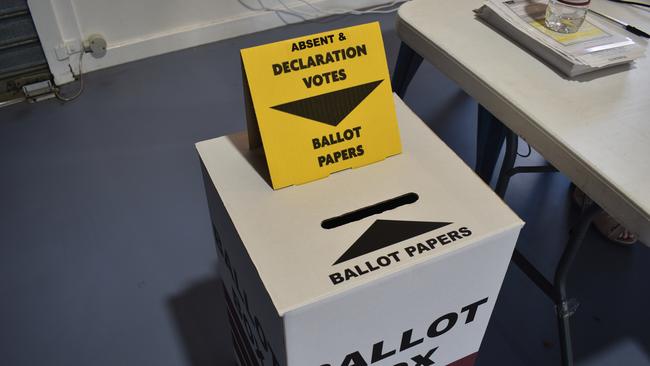
What happens if you do not vote
After an election, records are checked and if it appears you have not voted you may receive an apparent failure to vote notice.
This notice will provide you with an opportunity to say if you did or didn’t vote, or why you didn’t vote.
If you receive the notice you can provide your valid reasoning for not casting a vote, confirm that you did cast a vote by providing the appropriate details or pay a fine of one penalty unit at the time of the offence, or half this amount if the fine is paid before the due date.
If you don’t respond to the apparent failure to vote notice, you are likely to receive an infringement notice, which is the fine for not voting.
If the fine is not paid, you may be referred to the State Penalties Enforcement Registry (SPER) for further action and additional charges may apply.





